The Coffee Cart Economy: How NESCAFÉ's Micro-Venture Program is Redefining Financial Inclusion
The Coffee Cart Economy: How NESCAFÉ's Micro-Venture Program is Redefining Financial Inclusion
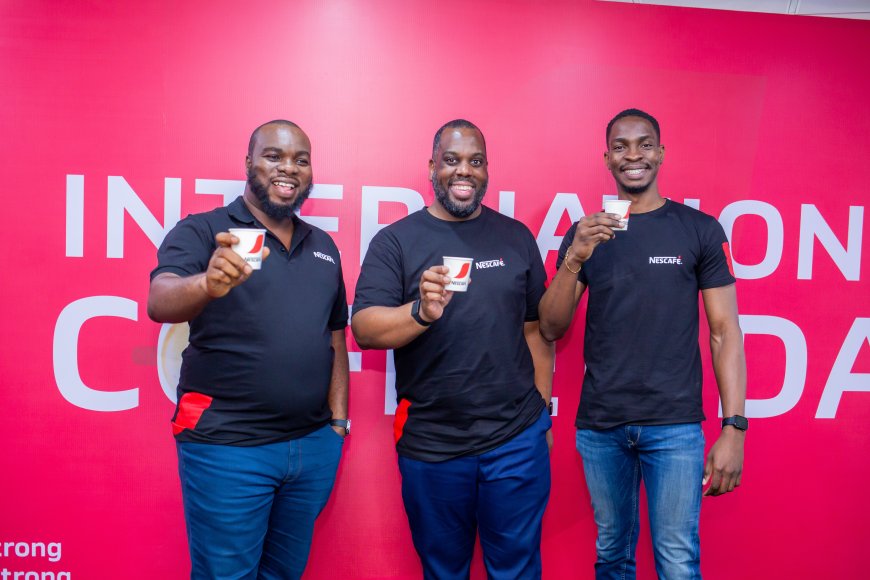
The celebration of International Coffee Day and Nigeria's 65th Independence Anniversary with a massive 65,000-cup activation by NESCAFÉ is more than a marketing triumph; it is the visible endpoint of a profound, decentralized financial inclusion strategy that is generating wealth at the grassroots level. This initiative fundamentally challenges the perspective that major corporate investment must be confined to large industrial projects by proving the financial power of structured micro-enterprise.
The real story for Nigeria’s economy lies in the MYOWBU (My Own Business) program, a collaboration with Nestlé Professional that has empowered over 1,400 young Nigerians to achieve financial independence. This program is a critical, yet often uncounted, driver of micro-capital formation and sustainable financial access for a population historically excluded from formal banking systems.
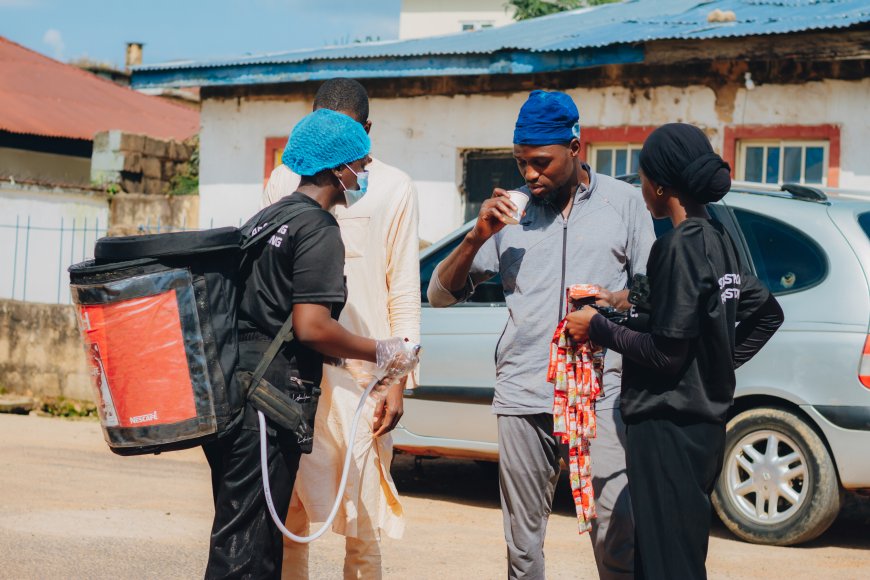
The Financial Mechanics of Empowerment
In a country where infrastructure and credit access remain key barriers to entrepreneurship, the MYOWBU program functions as a highly effective, private-sector-led micro-lending and training mechanism:
De-Risking the Start-Up: The program provides aspiring street vendors with the necessary training, business acumen, and seed capital or equipment (the coffee carts and supplies) to start a business with minimal personal debt or collateral risk is a major obstacle for formal financial inclusion.
Creating a Credit-Ready Workforce: By giving operators a proven business model and generating consistent revenue (with reports showing some operators increasing sales by over 170%), the program creates a pipeline of financially disciplined entrepreneurs who are better positioned to graduate to formal financial services like micro-credit and savings accounts.
Scale and Scope: The initiative’s reach across 25 cities from Abuja and Lagos to remote centers like Sokoto and Maiduguri demonstrates an ability to deploy capital and commercial opportunities in areas often neglected by traditional financial institutions.
Elevating the National Conversation: Formalizing the Informal
The NESCAFÉ MYOWBU model elevates the conversation on national development by focusing on formalizing the informal economy. While the Central Bank of Nigeria (CBN) and Microfinance Banks (MFBs) continue to push for broader financial inclusion, programs like this offer a critical bridge:
The Challenge: How to provide financial dignity and sustainable income to the millions of underbanked Nigerian youth.
The Solution: Embed entrepreneurship and financial training directly within the consumer value chain, using a trusted product to generate predictable daily cash flow.
This approach demonstrates that the private sector's investment in human capital is estimated to be worth multiple billions of Naira in training, equipment, and sustained income generation—is essential for building a resilient, financially inclusive economy. The success of the 1,400 entrepreneurs is a powerful metric that transcends marketing; it is a direct measurement of wealth creation and poverty reduction in Nigeria’s most crucial economic segment.
What's Your Reaction?







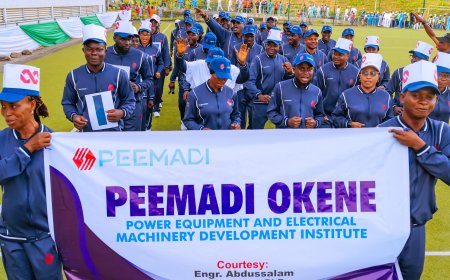

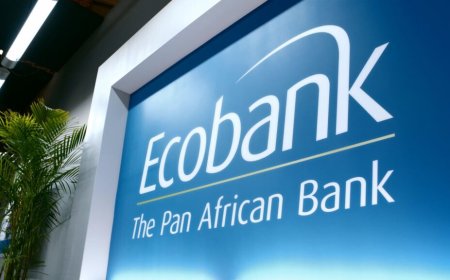
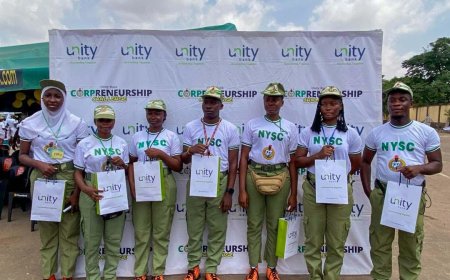
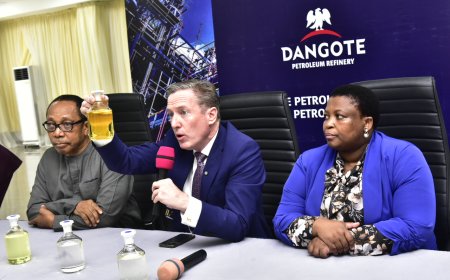
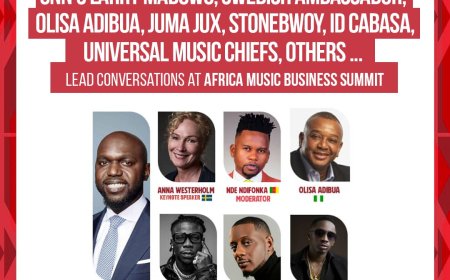
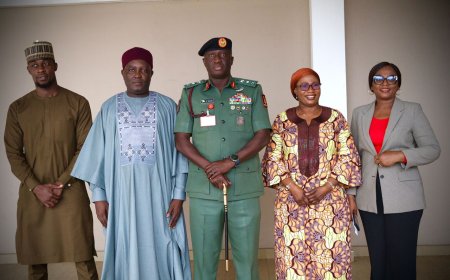
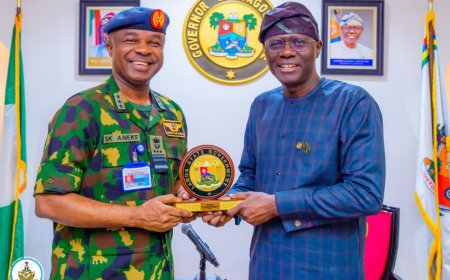
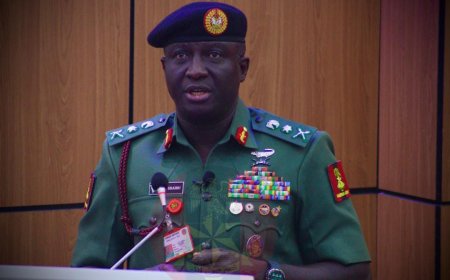
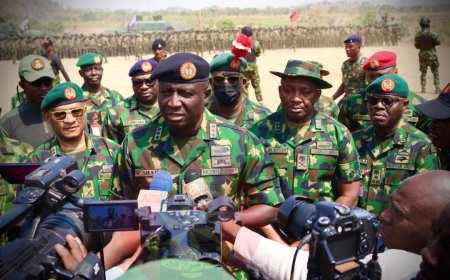

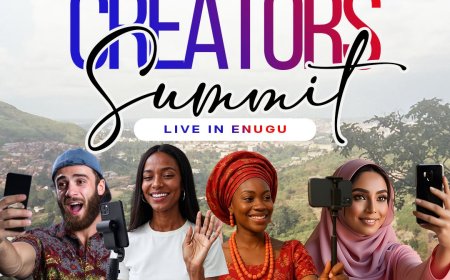
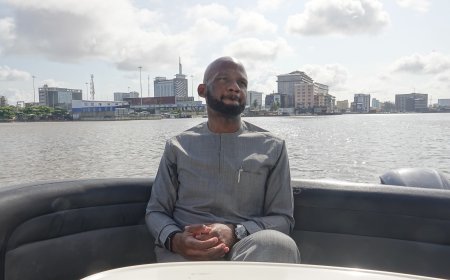
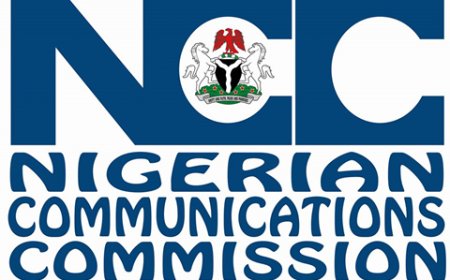
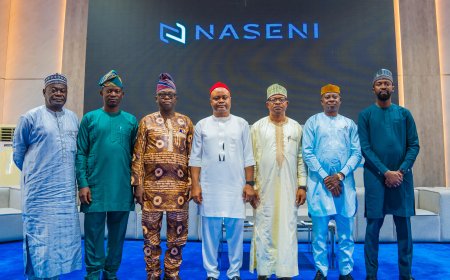
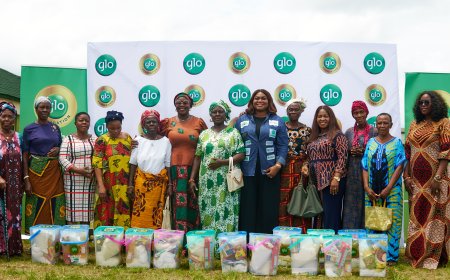
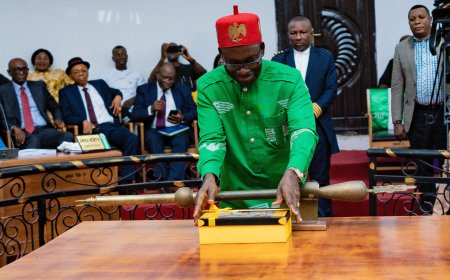
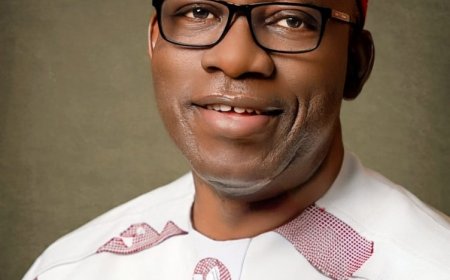
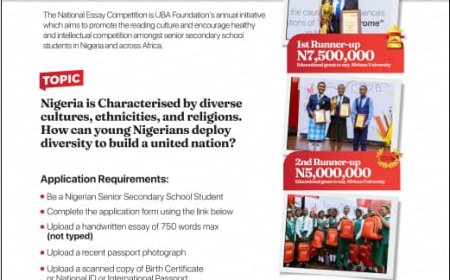
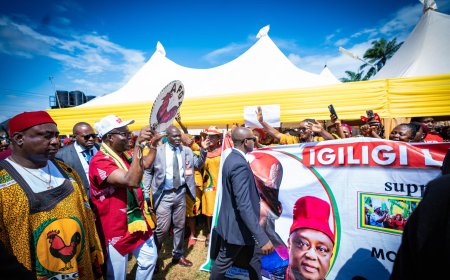
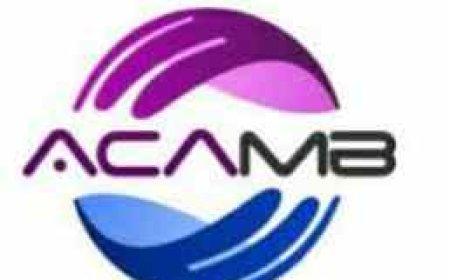


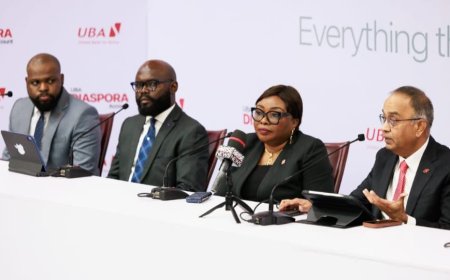
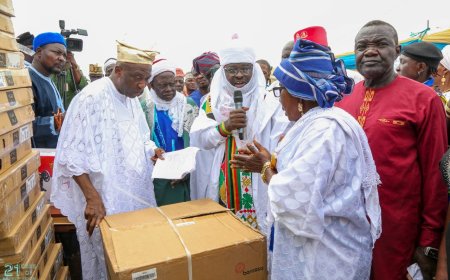






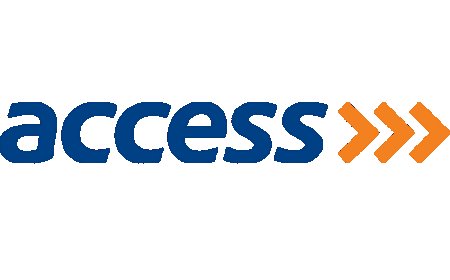
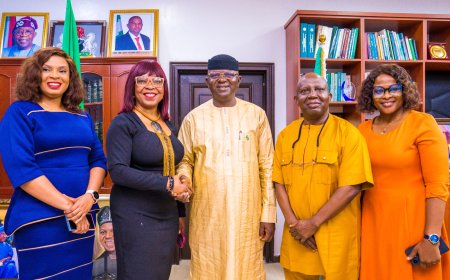
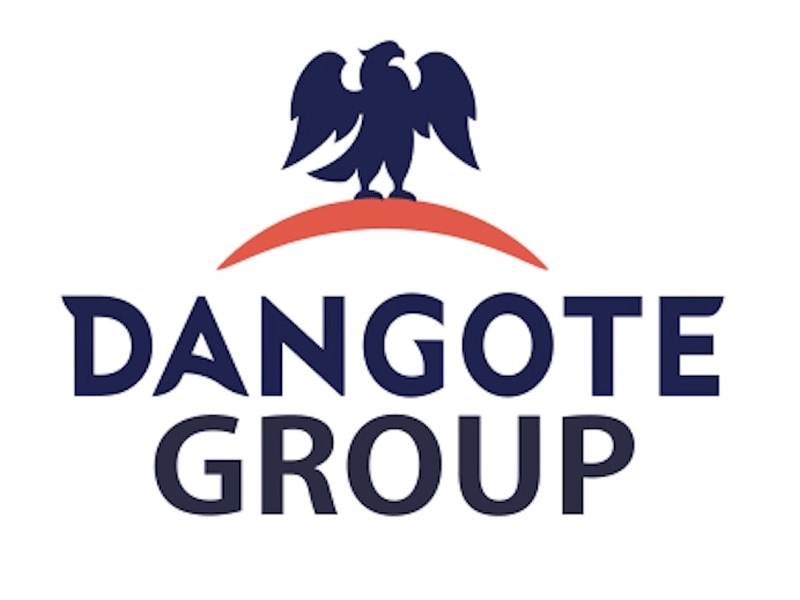





 The Chairman and Chief Executive Officer of Adron Homes and Properties Limited, Aare Adetola Emmanuelking, has congratulated the Government and people of Oyo State as the state marks its 50th anniversary, describing the occasion as a celebration of resilience, cultural pride, and sustained progress.
The Chairman and Chief Executive Officer of Adron Homes and Properties Limited, Aare Adetola Emmanuelking, has congratulated the Government and people of Oyo State as the state marks its 50th anniversary, describing the occasion as a celebration of resilience, cultural pride, and sustained progress.



